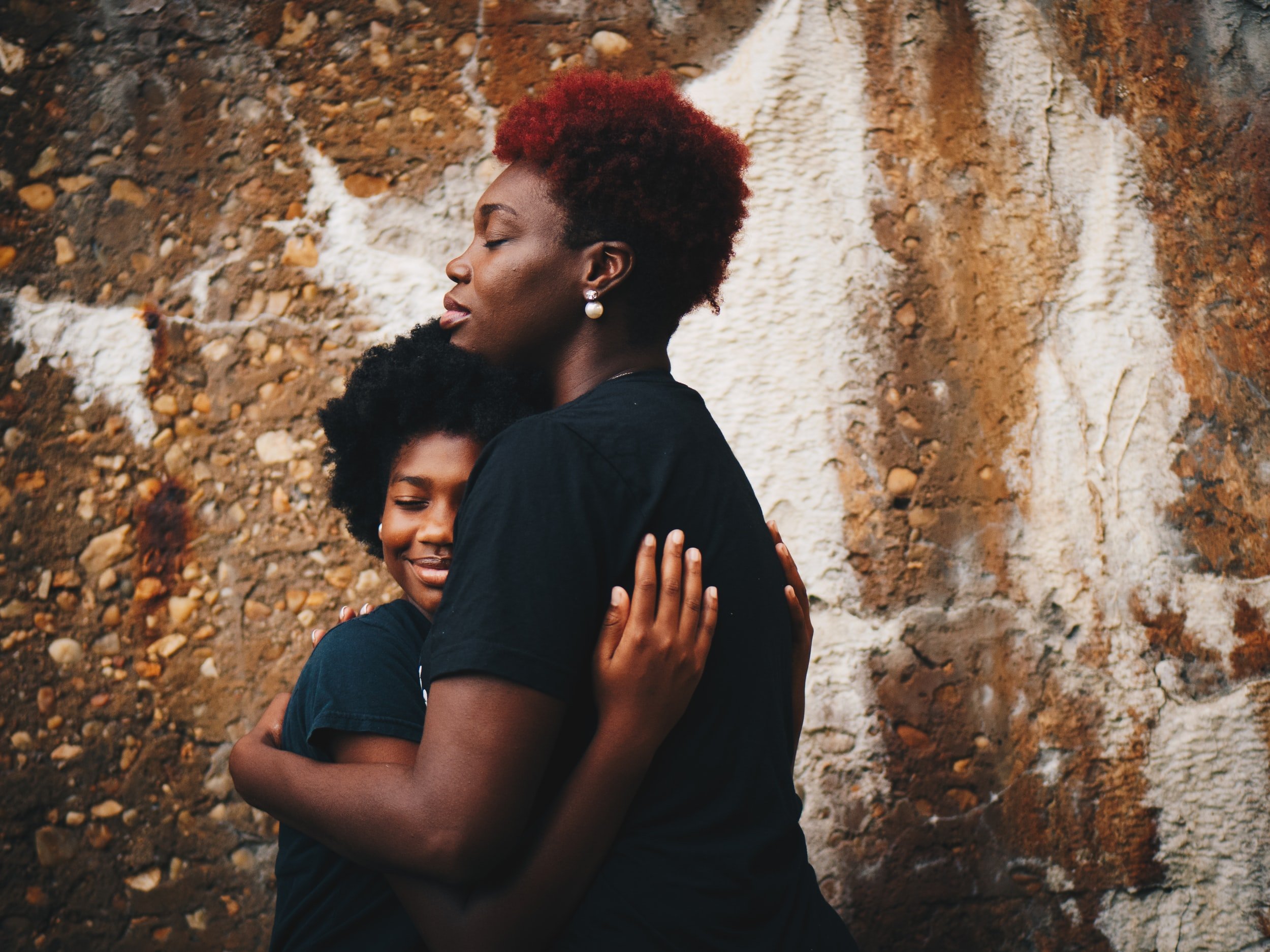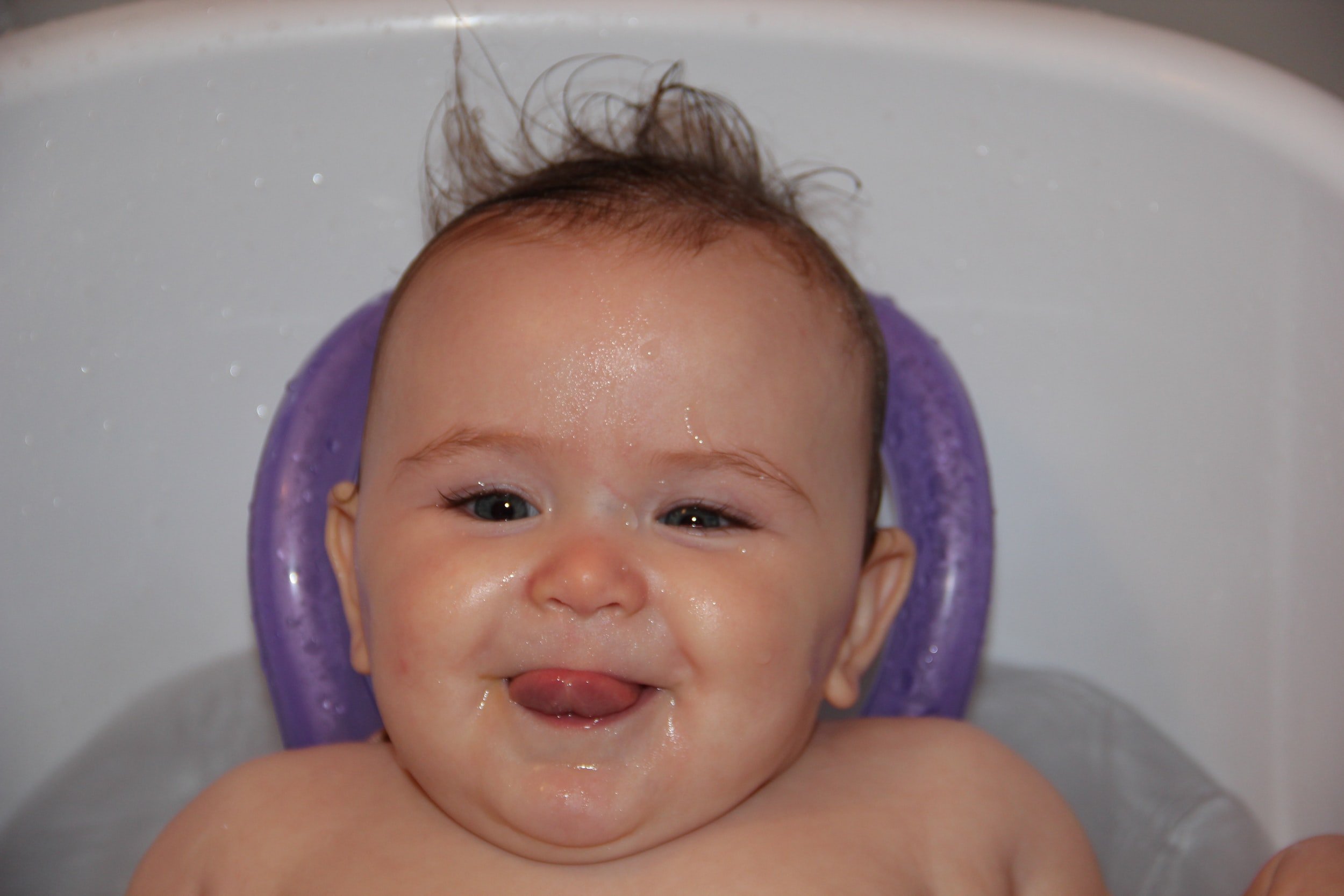Tantrums: an overview
Parents have several main jobs: to set limits, to create a safe space for our children, and to teach our children effective ways to manage the challenges and disappointments of life.
Baby Hiccups are normal!
Hiccups come up frequently at pediatrician visits, and are a common source of worry for parents. But they shouldn’t be. In fact, they may actually have a purpose in newborns, and be a way of teaching them how to control their breathing.
Did we find the “cause” of SIDS?
Any infant death is awful. Little is known right now about why some infants are more susceptible to SIDS than others. The truth is that this research is promising, but it doesn’t change much from a practical perspective.
Is my newborn constipated?
Typically, babies with constipation present with harder, more pebble-like poop, or sometimes even blood in the stool. Contrary to popular belief, frequency of stooling is not how we define constipation. Newborn babies can poop as frequently as 8-10 times per day or as infrequently as once every 8-14 days. Both can be normal as long as poop consistency is normal.
Skincare hack: colloidal oatmeal
Colloidal oatmeal is a fantastic natural home treatment for itchy, dry skin. It can work wonders for eczema, poison ivy, insect bites, dermatitis, and so much more.
Talking to kids about tragedy: 5 tips
As a physician who has had to have tough and emotional conversations, sitting down is one of the most helpful tricks in my arsenal. It allows you to be at eye level, to provide context that this is an important topic that needs attention, and to signal that you have both the space and the time for your child’s questions and reactions.
Got water in baby’s ears? Its ok!
Never use a Q tip in a baby’s ear to dry or clean it. It can risk perforating the ear drum, or even push ear wax further back.
Poison Ivy: an overview
Rhus dermatitis is the name given to the allergic reaction triggered by plants such as poison ivy, oak, and sumac. In about 80 percent of people, an exposure to plants will cause an intensely itchy rash - and we see it more in the summertime, when we’re all spending more time outdoors.
Caring for baby’s umbilical cord
The umbilical cord is an essential lifeline while a fetus is in utero because it serves as the connection with mom’s circulation. But once a baby is born, the cord is clamped and cut. It typically dries, shrivels and falls off within 1-3 weeks after birth.
Does my child have an ear infection?
In general, because the symptoms of ear infections are so non-specific and infants and toddlers cannot tell you their ear hurts, the only way to know definitively is to have the ear examined.
Ear infections 101
About 25 percent of infants have at least one ear infection in the first year of life. They are painful, and they are frustrating.
Managing ADHD in your child
Part of the fear of treatment stems from the fact that people think that medications are the only effective treatment for ADHD. This is not true! Although many of the medications can be tremendously effective, there are many evidence-based behavioral modifications and interventions that can be impactful as well, especially for younger children.
What is ADHD?
ADHD affects almost 10% of U.S. children under age 17. ADHD is a condition that interferes with your child’s ability to focus and learn, eventually potentially affecting school success and self-esteem.
Fave products (sun protection)
What products should you have to make sure your child stays safe in the sun? Here are my top tips on everything from sunscreen to UPF clothing to hats!
Sun safety: 5 things to know
Apply the sunscreen 20-30 minutes before you go outside, and then make sure to re-apply after 2 hours, or after your child has been in the water. Using a make-up applicator brush or sponge makes applying sunscreen much easier and less-messy.















